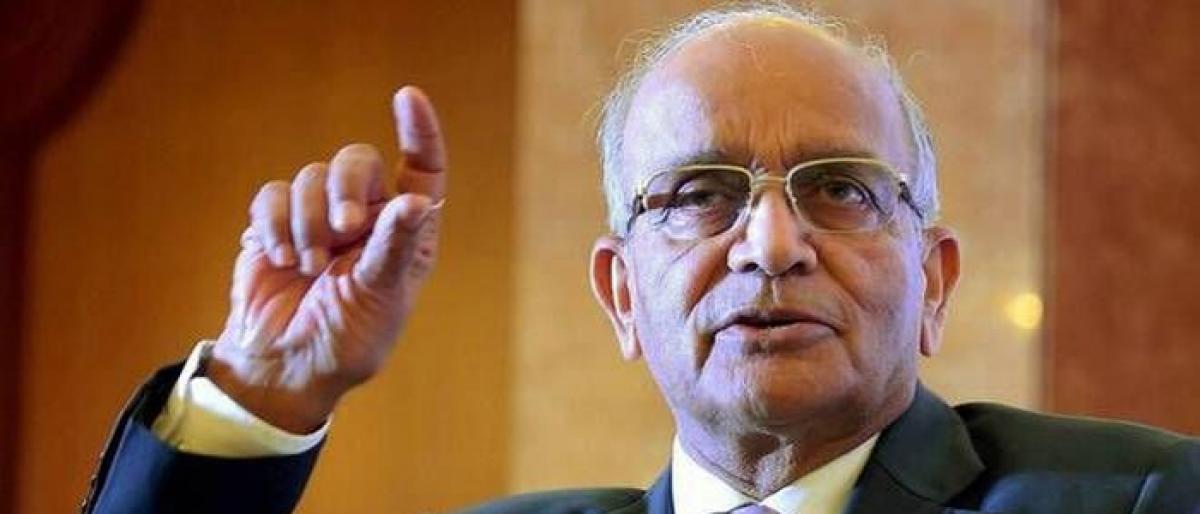Maruti chief pitches for clean fuels

Pitching for alternate fuel technologies such as CNG and hybrids, Maruti Suzuki India Chairman R C Bhargava has said that the country needs to devise a long term mobility policy to mitigate risks of pollution and dependence on few countries for crude oil
New Delhi: Pitching for alternate fuel technologies such as CNG and hybrids, Maruti Suzuki India Chairman R C Bhargava has said that the country needs to devise a long term mobility policy to mitigate risks of pollution and dependence on few countries for crude oil.
Although the government's push for electric vehicles (EVs) to replace internal combustion engine vehicles is designed to reduce risks associated with import of crude oil from a few countries, Bhargava said the quantum of imports is projected to rise steadily as the economy grows and the need for mobility becomes even larger.
"As we gradually increase the percentage of electrified vehicles, a very large number of internal combustion engine vehicles would also be produced to meet the total demand," he said in a message to the company's shareholders in the company's Annual Report for 2017-18. It would obviously be better to use alternative technologies and fuels that reduce the consumption of petrol and diesel, rather than produce only electric cars and internal combustion cars, he added.
CNG is a clean fuel already being used and its usage can expand subject to the distribution network expanding, he added. "It would be a good intermediate step. Ethanol and Methanol hold promise. Hybrid technology is also available," Bhargava said.
Political events have shown how fragile energy security is and how easily the price and supply of oil can be adversely affected for importing countries like India, he added. The government's decision to push EVs to replace internal combustion engine vehicles was essentially designed to reduce the risks associated with the import of crude from a few countries, he said.
"The quantum of imports is projected to increase steadily as the economy grows and the need for mobility becomes larger and larger. Even though pollution from cars is still a very small part of the total pollution, this position would change as car ownership grows over the next two decades," Bhargava said. Calling for a holistic approach, Bhargava said, "Clearly, the country needs to think long term and develop a strategy that would mitigate these risks, both in the short term and the long term." Terming the potential trade war between the USA and China as negative for the industry, Bhargava said it could lead to other countries also being drawn into this unfortunate course of events.
Besides, oil prices and the Iran problem, create a great deal of uncertainty about energy costs this year, he added. "Both these events could lead to offsetting some of the benefits of the positive factors. Global events have highlighted the importance of devising and implementing a long-term mobility policy," Bhargava said. He said the rising price of crude has considerably increased the burden on India's balance of trade








